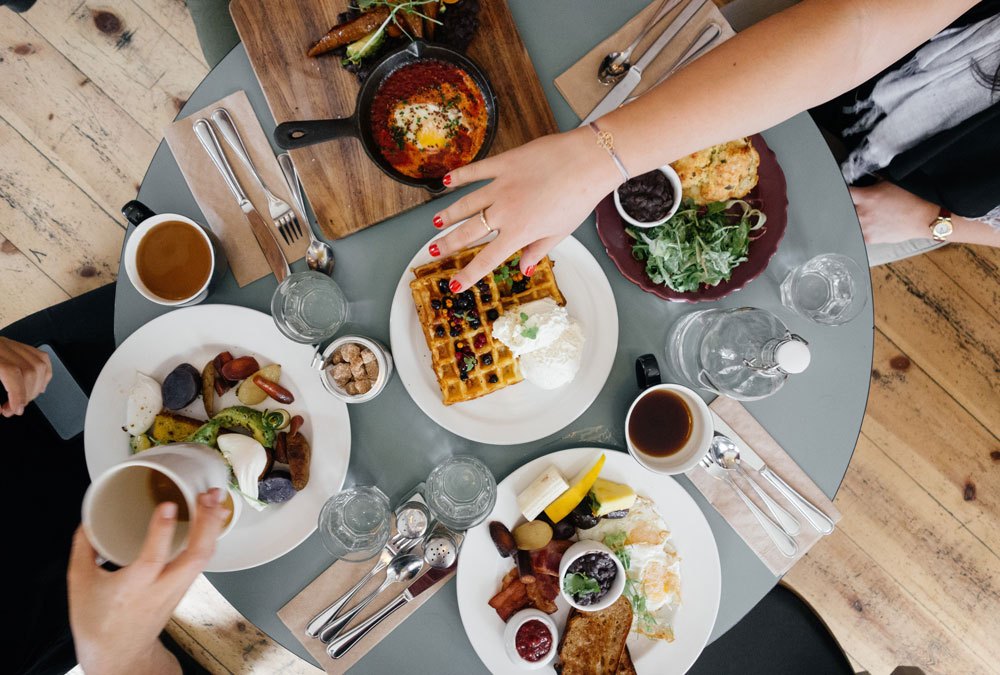Mon - Fri 9.00 - 17.00
Call us +1 (888) 825-9321

If you’re thinking about trying intermittent fasting (IF), then the odds are good you have a number of questions. After all, embarking on any new diet can be stressful. While intermittent fasting sounds like it could be difficult and even dangerous, the truth is that people have been engaging in fasting for thousands of years. Read on for answers to some of the most common intermittent fasting questions along with tips to succeed at this form of dieting.

A: A dietary and religious practice with a long history, intermittent fasting involves alternating between periods of eating and not eating (fasting). While some individuals choose to fast for a certain number of hours a day, others opt to fast on alternate days or for a certain number of days each week.
One of the benefits of intermittent fasting is that you don’t have to deprive yourself of the foods you love. While other diets require you to reduce or even eliminate certain foods, intermittent fasting is about limiting the amount of time you spend eating. So you can still enjoy your favorite snacks (in moderation) during eating periods. For this reason, IF may not require the discipline of other dietary methods.

A: While it’s possible to customize an intermittent fasting schedule based on your needs, most IF practitioners follow one of three popular schedules. With whole-day or 5:2 fasting, dieters eat for five days out of the week and fast the other two. The fasting days should be nonconsecutive, and you can still drink water and consume a limited number of calories (usually about 500). For alternate-day fasting, practitioners eat in a normal but healthy way for 24 hours and then restrict themselves to 500 calories on the following day.
With 16:8 fasting, you restrict the amount of time you spend eating in a given day. Generally, practitioners fast for 16 hours and eat during the remaining 8 hours (usually between 10 am and 6 pm or 12 pm and 8 pm). In other words, you’d skip breakfast, have your first meal at noon, and eat dinner before 8 pm. It’s fine to drink water and low-calorie beverages like tea during your fasting periods. Some people also opt to have small snacks (under 50 calories) during this time.
A: One of the best reasons to try intermittent fasting is that it may help you lose weight. In fact, according to a study published in the The American Journal of Clinical Nutrition, individuals who participated in IF saw their body weight drop approximately 1 to 6 kilograms after eight weeks of dieting. Additionally, their body fat, total cholesterol, and LDL cholesterol all dropped during intermittent fasting.
A: IF doesn’t just help participants lose weight. Studies show that this dietary practice can result in a number of positive health effects, including improved metabolic health and disease protection. In human and animal trials, IF was associated with reduced blood pressure and heart rate, both of which offered benefits for cardiovascular health. Studies have also shown a correlation between fasting and a lower risk of type 2 diabetes, cancer, and Alzheimer’s.
IF may even help improve lifespans. According to an article in The Journal of Nutritional Biochemistry, for example, rodents who engaged in alternate-day fasting for a prolonged period lived longer than those who were not fasted.

A: This is a common question among those who are new to intermittent fasting. In general, you should start counting fasting hours as soon as you stop eating. So, if you finish dinner at 7 pm, that’s when the fast begins. If you’re operating on a 16:8 schedule, you can have your first meal of the following day at 11 am.
A: Many of us can’t get through the morning without a jolt of caffeine. And some of us even drink coffee before bed! Fortunately, it’s perfectly fine to enjoy low-calorie beverages like coffee, tea, and sparkling water during fasting periods. Just be careful about what you’re using to sweeten these drinks. A splash of milk or cream won’t take your body out of its fasting state, but you should avoid chugging Frappuccinos during your non-eating hours. When in doubt, strive to keep your calorie count under 50 until it’s time to resume your eating portion for the day.
It’s important to remember that fasting can and should be customized to meet your needs. Listen to your body and do what makes sense for you. Then let us know how it goes!